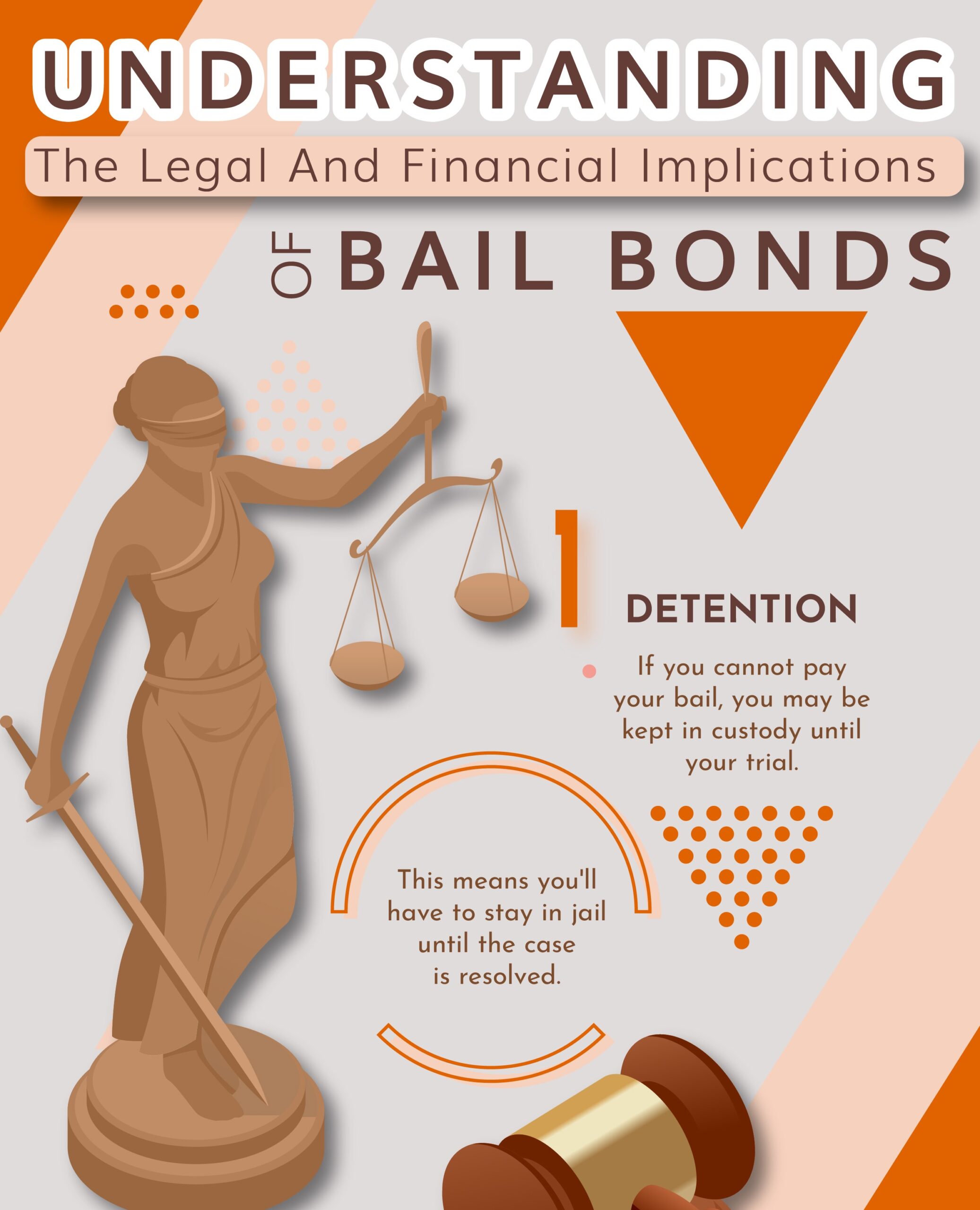When someone is arrested and charged with a crime, the first question that comes to everyone’s mind is when they would be released. Fortunately, the mechanism of bail exists to stop overburdening the police system and it also ensures that defendants return to court after getting released.
However, the estimated time of release can vary due to certain factors. Learn all about the amount of time it takes to get out of jail after posting bail and how different factors can affect the length of that time period.
What is Bail?
Before understanding the processes that occur after posting bail, it is important to learn about what bail is and how it works. Bail is a financial arrangement made between the defendant or their representative and the court. It is designed to ensure that the defendant will appear in court for all scheduled proceedings. When a bail is set, the defendant or their representative can pay the amount in full or work with a bail bond agent to secure a bond for a percentage of the total bail amount. In either case, once the bail has been paid or the bond has been secured, the defendant can be released from custody.
Factors That Can Affect the Timeline of Release After Posting Bail
Since every case is unique, there can be multiple factors that can affect the amount of time it takes to get released from jail after posting bail. Here are a few common factors that affect the timeline of release from jail:
1. The Nature of The Crime
Certain crimes, such as violent offenses or those involving drugs, may require a longer wait time for release.
2. The Availability of a Judge
In some cases, the judge may not be available to approve the bail amount or release the defendant immediately.
3. The Availability of a Bail Bond Agent
If the defendant needs to work with a bail bond agent, the availability of the agent can impact the timeline.
4. Defendant’s Criminal History
If the defendant has a prior criminal history or has failed to appear in court in the past, they may have to wait longer for release.
Bail Process When You Work with a Professional Bail Bonds Service
When posting bail, many defendants choose to work with a professional bail bonds service. This can be a good option for those who cannot afford to pay the full bail amount upfront, as bail bond agents typically charge a non-refundable fee of around 10% of the total bail amount.
A reputable bail bonds agent will help expedite the bail process since they are fully familiar with the inner workings of the court and can secure a quicker release compared to a bail process where the defendant posts their own bail. In Indiana, the release process after posting bail with the help of professional bail bonds services can take between 8-24 hours.
Final Thoughts
The process after posting bail can take some time due to several factors and due to the administrative work that needs to be done after processing the bail. If you work with a professional bail bondsman, chances are you can secure release much quicker than usual. If you are looking for a quick release from jail in Indiana, DeLaughter Bail Bonds provides 24-hour bail bond services in Kosciusko County to ensure you do not have to stay longer in jail than you need to.















